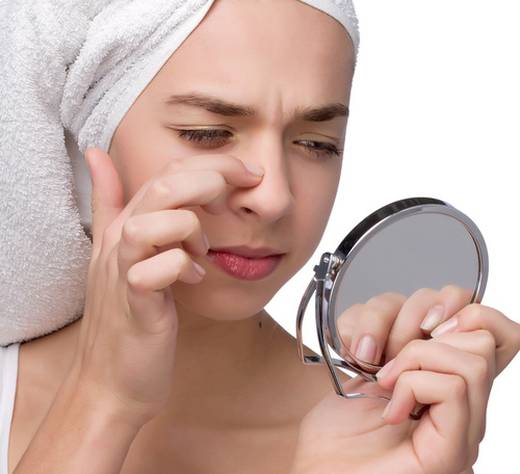- Eat a healthy diet: A diet rich in fruits, vegetables, whole grains, and lean proteins can help lower cholesterol levels. Choose foods that are low in saturated and trans fats, such as nuts, avocados, and olive oil.
- Exercise regularly: Regular physical activity can help raise good cholesterol levels and lower bad cholesterol levels. Aim for at least 150 minutes of moderate-intensity exercise per week.
- Quit smoking: Smoking damages the walls of your blood vessels, leading to higher cholesterol levels and an increased risk of heart disease. Quitting smoking can help improve cholesterol levels and reduce your risk of heart disease.
- Lose weight: If you’re overweight or obese, losing weight can help lower your cholesterol levels. Aim for a healthy body weight by eating a balanced diet and getting regular exercise.
- Eat more fiber: Foods high in fiber, such as oats, beans, and vegetables, can help lower cholesterol levels. Aim for at least 25-30 grams of fiber per day.
- Eat foods high in omega-3 fatty acids: Omega-3 fatty acids, found in fatty fish like salmon and mackerel, can help lower cholesterol levels and reduce the risk of heart disease.
- Use plant sterols and stanols: Plant sterols and stanols, found in foods like nuts and seeds, can help lower cholesterol levels by blocking the absorption of cholesterol in the intestines.
- Drink green tea: Green tea contains antioxidants that may help lower cholesterol levels and improve heart health.
- Use garlic: Garlic has been shown to lower cholesterol levels and reduce the risk of heart disease. It can be consumed raw or in supplement form.
- Try red yeast rice: Red yeast rice is a traditional Chinese medicine that has been shown to lower cholesterol levels. However, it can interact with certain medications and should be used with caution. It is important to speak with a healthcare professional before adding red yeast rice to your cholesterol-lowering regimen.
It’s important to note that home remedies should not be used as a substitute for medical treatment. If you have high cholesterol, it’s important to speak with a healthcare professional about the best treatment options for you.





